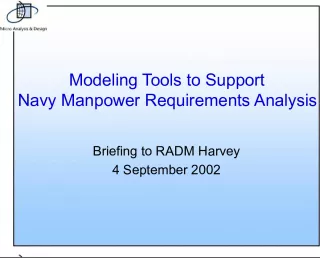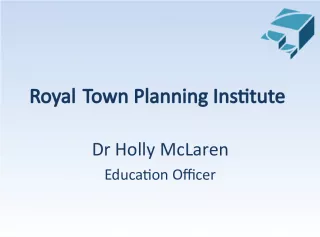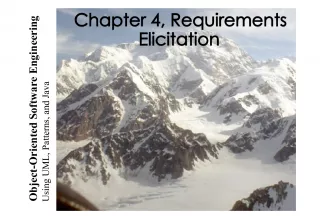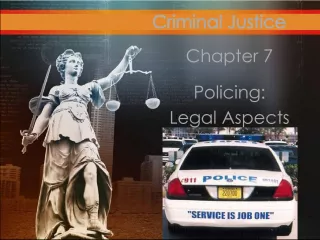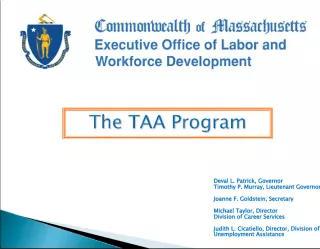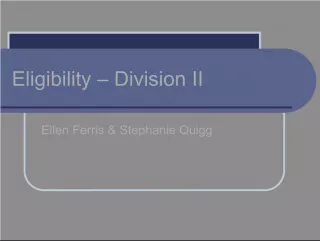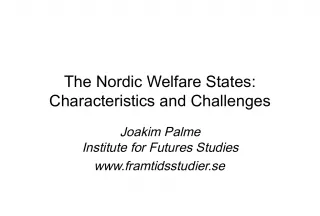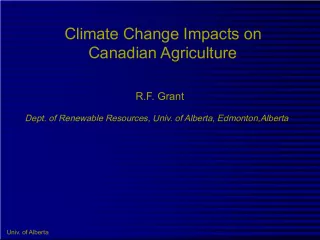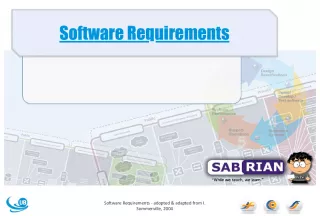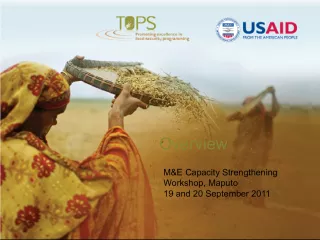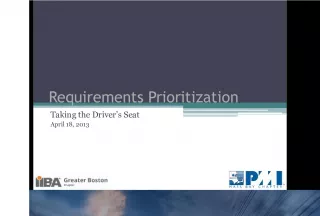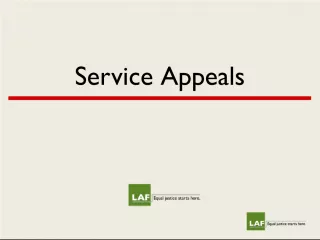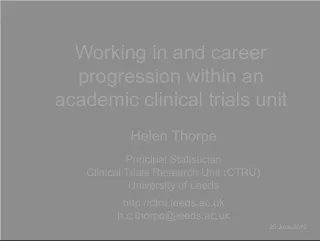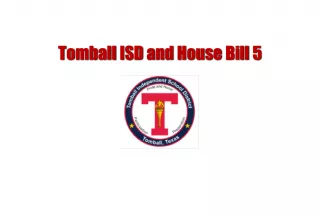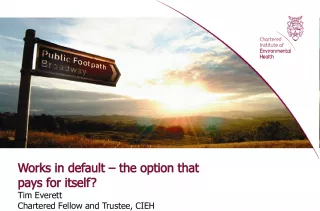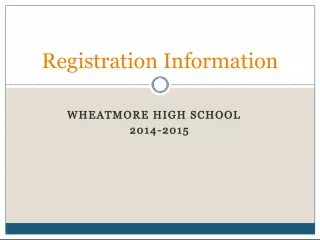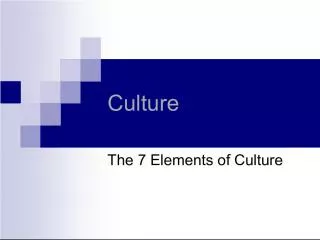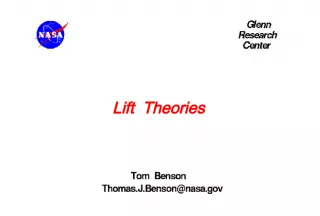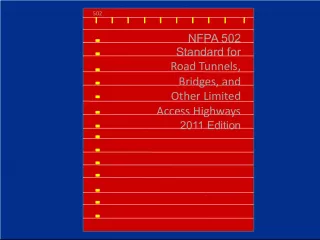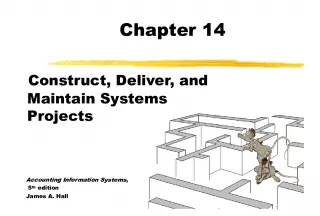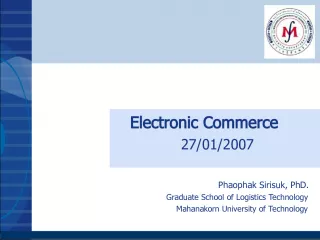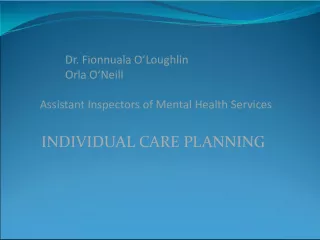Chartered Statistician: Requirements and Benefits
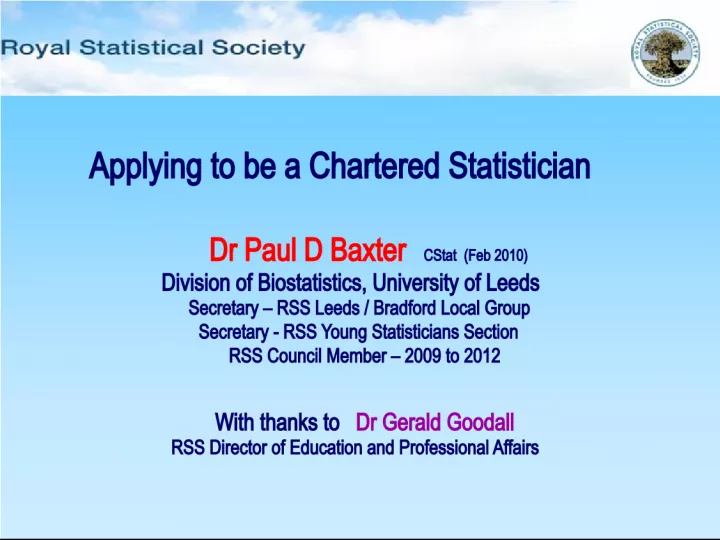

Learn about the requirements and benefits of being a Chartered Statistician, including the formal recognition of statistical qualifications and professional training, as well as the approval of degree and professional training with at least five years of experience.
- Uploaded on | 1 Views
-
 vlada
vlada
About Chartered Statistician: Requirements and Benefits
PowerPoint presentation about 'Chartered Statistician: Requirements and Benefits'. This presentation describes the topic on Learn about the requirements and benefits of being a Chartered Statistician, including the formal recognition of statistical qualifications and professional training, as well as the approval of degree and professional training with at least five years of experience.. The key topics included in this slideshow are . Download this presentation absolutely free.
Presentation Transcript
1. Applying to be a Chartered Statistician Dr Paul D Baxter CStat (Feb 2010) Division of Biostatistics, University of Leeds Secretary – RSS Leeds / Bradford Local Group Secretary - RSS Young Statisticians Section RSS Council Member – 2009 to 2012 With thanks to Dr Gerald Goodall RSS Director of Education and Professional Affairs
2. What is a Chartered Statistician • CStat is the RSS’s highest professional award • Provides formal recognition of an individual's statistical qualifications and professional training • Requires approved degree and professional training / experience of at least five years. • Those without the professional training apply for GradStat status • For full details see http://www.rss.org.uk/professionalmembership
3. What is a Chartered Statistician • CStats pay an additional subscription but application process is free. CStat and GradStats enjoy discounts on registration at society events • CStats are required to abide by the Society's code of conduct . They must adhere to the Society's CPD policy • CStats are eligible to apply for Chartered Scientist status
4. What is an approved degree • Require at least BSc 2:2 honours or better with content equivalent to RSS Graduate Diploma • For syllabus, see: http://www.rss.org.uk/main.asp?page=1802 • Many university courses are already approved (subject to choice of modules) • For list of approved courses see: http://www.rss.org.uk/main.asp?page=1792 • For other courses a transcript is required
5. What is an approved degree • Some broad “rules of thumb” to guide whether degree likely to be approved: – Includes both theoretical and applied statistics at final year undergraduate or masters level – At least half of final year spent studying statistics – Overseas qualification accepted, guided by UK NARIC ( http://www.naric.org.uk/ ). Sometimes MSc level considered equivalent to UK BSc level
6. What is approved professional experience • Judged in confidence by RSS Professional Affairs Committee • PhD study counts as one year of professional experience • Guided closely by comments from referees you nominate • Choose referees that can speak confidently about your statistical work – Must be statisticians and not line managers – Choose referees that are Cstat where possible
7. My Career to Date • BSc (1 st class honours) Mathematics with Economics – Univ. Essex, 1997-2000 – 40% of final year studying statistics • PhD Statistics “Extraction of fade slope profiles from radiocommunications data using wavelets” – Univ. Essex, 2000-2004 – Also studied some MSc and BSc statistics modules during this period • Lecturer in Statistics – Univ. Leeds, Department of Statistics, 2003-2009 • Senior Research Fellow in Biostatistics – Univ. Leeds, Division of Biostatistics, 2009-Present
8. How to make an application • Download form and notes for guidance: – http://www.rss.org.uk/main.asp?page=1867 – http://www.rss.org.uk/main.asp?page=1866 • Form divided into sections: – Section 1 “ Academic Qualifications ” – Section 2 “ Practical Statistical Experience ” – Section 3 “ Professional Experience, Training and Development ” – Section 4 “ Additional Considerations ” – Section 5 “ Referees ”
9. Academic Qualifications • Requires full transcript of degree listing modules taken and results • Also requires transcript for any higher degrees , e.g. MSc, PhD • Must sign to allow RSS to contact University registrar to confirm your qualifications
10. Practical Statistical Experience • List all periods of statistical experience, including brief job title and job description , e.g.
11. Professional Experience • Submit a description of experience and training for each period of statistical experience • Suitable professional experience can include: – Managing a statistics section – Leading projects with a substantial amount of statistical analysis or modelling – Undertaking statistical analysis of data and reporting on the results – Having responsibility for the interpretation and presentation of statistical information – Designing statistical databases and reporting systems – Teaching statistical theory and methods, and their applications to UK honours degree level – Unsupervised statistical consultancy
12. Professional Experience • I choose to split under headings – “Research”, “Teaching”, “Citizenship and Administration” • Required to list the statistical techniques you use and how frequently you use them, e.g. • Required to indicate levels of statistical responsibility, e.g.
13. Professional Training and Development • Suitable professional training can include: – Publications, refereed. – Publications or presentations at conferences . – Internal organisation reports. – Internal presentations. – Training material, internal or external . – Extramural statistical work (this might include appropriate service on committees ). • Should keep as a CPD portfolio (may be requested by committee)
14. Professional Training and Development • Required to list both on-the-job and formal training, e.g.
15. Additional Considerations • Any other relevant considerations • Examples might include organising statistical meetings , attending or presenting statistical material at conferences, or publishing statistical material . • I used it to list: – “Publications” “Presentations” and “Funding Applications”
16. Referees • Must comment on statistical aspects of your work, professional experience and training • Must span the entire period on which the application is based (2 will often suffice) • Must be statisticians , preferably CStat • I chose: – My PhD supervisor – My probationary mentor when I arrived at Leeds – My current Head of Division
17. Timescales • I submitted my application form 22 October 2009 • In November 2009 I was asked to provide: – a scan of my BSc transcript and certificate – a scan of my PhD certificate – my PhD title and abstract • In January 2010 I was asked to clarify if the taught modules I took during my PhD were assessed • Notified of successful award in 24 February 2010
18. Chartered Scientist Status • CSci is an award of the Science Council • Cstats are entitled to apply for CSci status • From the Science Council website, CSci: – “reflects best practice in science” – “sets at a benchmark level throughout the science professions” – “is vital for scientists to have professional recognition that is applicable across a range of scientific disciplines”
19. Continuing Professional Development • From the code of conduct mandated for professionally qualified fellows: – “Fellows shall seek to upgrade their professional knowledge and skill and shall maintain awareness of technological developments, procedures and standards which are relevant to their field, and shall encourage their subordinates to do likewise” • Currently Maintained Professional Certificate recognises CPD, CStat is a lifetime award. • Moving towards CPD portfolios as a compulsory part of CStat (as already required by many employers, e.g. government and pharmaceutical sectors) • Online CPD recording soon to be available – http://www.rss.org.uk/cpd
20. GradStat Mentoring Scheme • Guidance in respect of professional development needed for GradStats to move towards successful CStat applications • Advice provided by volunteer mentors who are themselves CStats. • To register and for further details see: – http://www.rss.org.uk/mentoring
